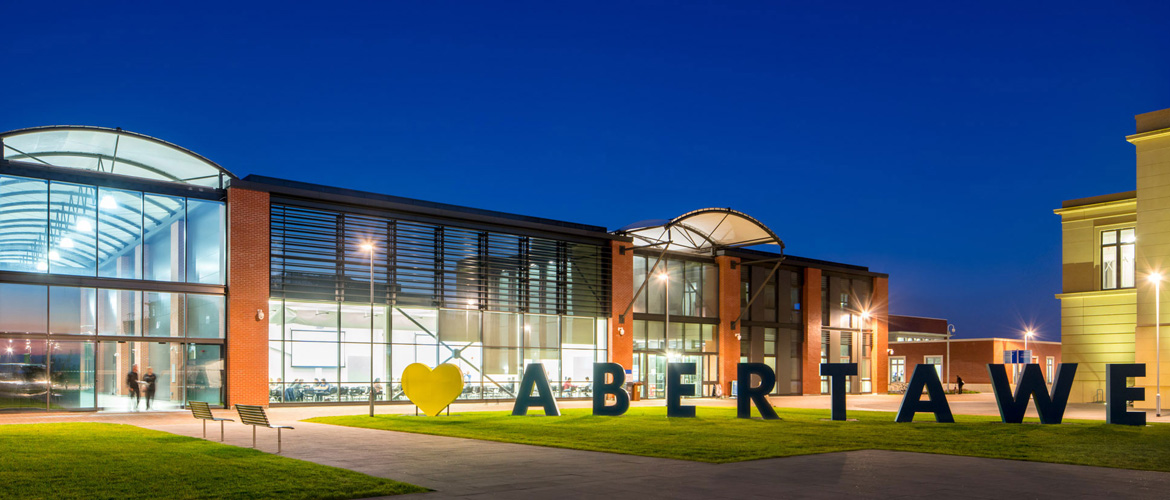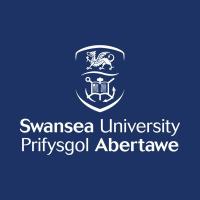Energy Innovation, MSc by Research
Providing a sustainable, affordable and secure energy future through the discovery and implementation of new technology and innovation is a key challenge for the 21st Century. With more people requiring energy, effective solutions need to come from a wide range of sources. For the near term various energy innovations are needed and will be the key to global energy solutions.
The Energy Safety Research Institute (ESRI) is a leading centre of excellence for the development of advanced technologies in energy resources, and can host many of these students.
ESRI's research areas, broadly speaking, fit into the following categories:
- Hydrocarbon: Oil and gas production and processing; downstream issues relating to efficient fuel refining; additives and fuel composition/performance chemistry.
- Hydrogen: technologies for the efficient generation of hydrogen from wasted energy generation; photocatalysis for hydrogen generation; hydrogen as an energy vector, solar energy harvesting.
- CO2: technologies for the efficient removal of carbon dioxide from fuel feedstocks; use of carbon dioxide as a fuel source.
- Biofuel: methods for developing the process streams enabling integration of biofuel production with the chemistry industry supply chain.
- Energy transmission: Smart grids and carbon nanotube conductors.
- Wave and ocean technologies:
- Computer modelling: Energy related fields such as oil wells and energy grids.
- Other projects involving energy and innovation: We are not limited by supervisor or by topic so if you have ideas of a specific topic yourself or are a company wishing to sponsor a student o investigate a specific energy related topic them please contact us.
Campus Information
Bay Campus
Travelling west on the M4 leave the motorway at junction 42 and follow signs for Swansea on the A483 (Fabian Way). The Bay Campus is situated to the left-hand side of Fabian Way and the main entrance is controlled by traffic lights. There is a Visitors’ Car Park immediately to the left of the main entrance. There is a large Park and Ride facility located at Fabian Way, which is a short distance from the Bay Campus.
Intakes
- Oct
- Jan
- April
- July
- Sep
Application Processing Time in Days: 20
Minimum English Language Requirements
| English Level Description | IELTS (1.0 -9.0) | TOEFL IBT (0-120) | TOEFL CBT (0-300) | PTE (10-90) | |
|---|---|---|---|---|---|
| Expert | 9 | 120 | 297-300 | 86-90 | |
| Very Good | 8.5 | 115-119 | 280-293 | 83-86 | |
| Very Good | 8 | 110-114 | 270-280 | 79-83 | |
| Good | 7.5 | 102-109 | 253-267 | 73-79 | |
| Good | 7 | 94-101 | 240-253 | 65-73 | |
| Competent | 6.5 | 79-93 | 213-233 | 58-65 | |
| Competent | 6 | 60-78 | 170-210 | 50-58 | |
| Modest | 5.5 | 46-59 | 133-210 | 43-50 | |
| Modest | 5 | 35-45 | 107-133 | 36-43 | |
| Limited | 4 | 32-34 | 97-103 | 30-36 | |
| Extremely Limited | < 4 | < 31 | < 93 | < 30 |
Job Opportunity Potential
Our career support services include:
- Employability workshops, employers’ talks, bespoke events and careers fairs
- Individual advice and guidance from professionally qualified Careers Advisers
- Help with finding jobs, internships, work placements and volunteering opportunities
- Access to information resources on a wide range of career management topics
- Advice and guidance on postgraduate study and funding
- Funding to support student internship opportunities and Student Society/Club events.
We also provide help and advice for Swansea University Alumni up to two years after you graduate.
PSW Opportunity
- 2 Years of PSW
Admission Requirement / Eligibility Criteria
Applicants must normally hold an undergraduate degree at 2:1 level (or Non-UK equivalent as defined by Swansea University) in Chemical or Biochemical Engineering, or a related discipline, such as chemistry, biochemistry, physics, or other engineering or related discipline.
India
- Bachelor: 60%; or
- CGPA 6.7 (10 point system); or
- CGPA 6 (7 point system); or
- CGPA 3 (4 point system)
- Course Type: Full Time
- Course Level: Masters/PG Degree
- Duration: 01 Year
-
Total Tuition Fee:
20150 GBP
Annual Cost of Living: 9207 GBP
Application Fee: N/A
Similar Programs
- Biomedical Science (Clinical Microbiology), MSc at SWANSEA UNIVERSITY
- Biomedical Science (Clinical Biochemistry), MSc at SWANSEA UNIVERSITY
- Sports Science, M.Phil. at SWANSEA UNIVERSITY
- Sports Science, M.Phil. at SWANSEA UNIVERSITY
- Psychology, M.Phil at SWANSEA UNIVERSITY
- Psychology, M.Phil at SWANSEA UNIVERSITY

